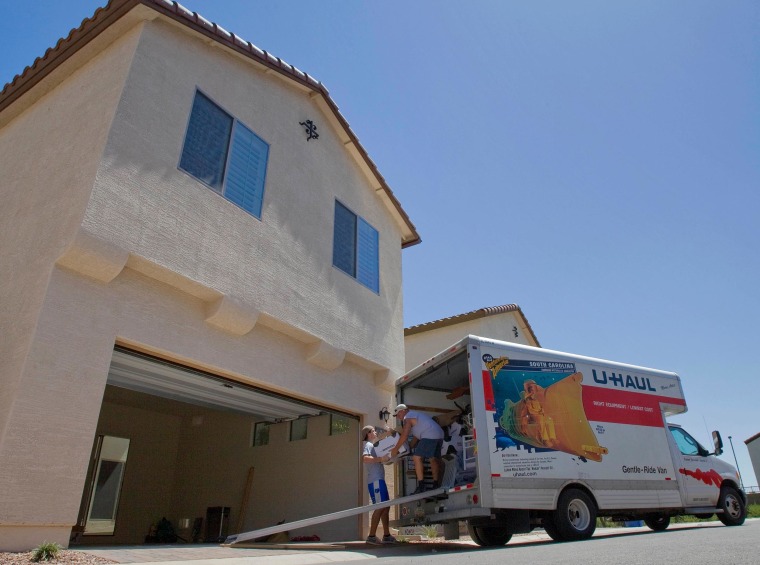When kids announce they’re moving back home, parents can often have mixed feelings: happiness to have them back in the nest and concern that their return could lead to dependency.
Here to provide guidance on how parents can set the ground rules and manage expectations, is psychologist Dr. Joshua Coleman, the Co-Chair of the Council on Contemporary Families, and a prolific author whose most recent book is titled “When Parents Hurt: Compassionate Strategies When You and Your Grown Child Don’t Get Along.”

A record number of young adults are moving back in with their parents. This is because they’re unable to find work that pays well enough for them to live independently, they need to save up for more education or training, or they’re delaying marriage and children because they want to feel more financially established.
Many parents and young adults find that this arrangement can be good for everyone concerned. For parents, it allows them the opportunity to enjoy living with their children as adults without all of the managerial and supervisory burdens that goes along with raising young children or teens. For the adult child, it allows them to relate to their parents more as companions or peers, and less as figures of authority or control.
On the other hand, the lack of an obvious model for everyone living under the same roof as adults may create the potential for more conflict. For some adult children, the relative comfort and security of living with a parent can prevent them from successfully launching an adulthood. For example, those with an anxiety disorder, depression, or attentional difficulty may avoid taking on greater life challenges because they’re able to evade the discomfort those situations create. In addition, living together as adults may bring out unresolved, longstanding conflicts between the parent and now, adult child.
The following guidelines can reduce the probability of conflict and increase the likelihood that the experience is good for everyone concerned:
- Have a conversation before they move back in. In a friendly and respectful way, ask them what are their goals and timelines for living at home. This doesn’t have to be written in stone, but may be useful if it becomes clear that the arrangement isn’t working out.
- Be clear about your expectations for cooking, housework or financial contributions for rent, food, or utilities. Ask your adult child for his or her ideas about what would be fair.
- While a curfew would be inappropriate for someone who has lived independently, it’s reasonable for your adult child to text you or let you know if they’ll be home late so you don’t worry.
- Be clear about your comfort level regarding drinking, drugs, parties, or overnights with girlfriends or boyfriends.
- In general, it’s good to remember that even though they’re adults, it’s still your house and you get to set the terms.
- Don’t wait too long to get help if conflict isn’t resolving. If you feel like living together is bad for you, your marriage, or your child, get some counseling.
For more information and inspiration visit MariaShriver.com